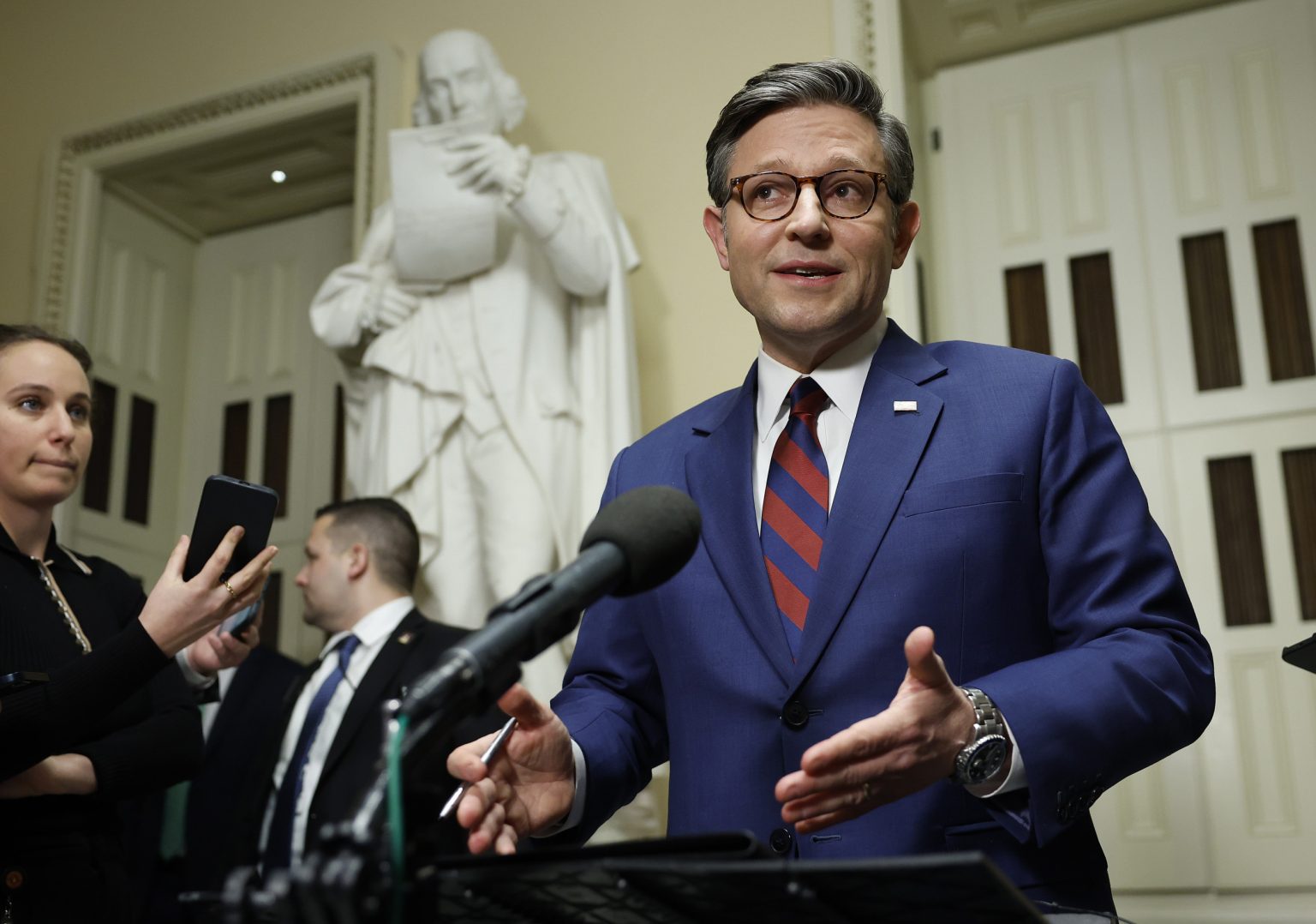The race for House Speaker is heating up as the 119th Congress prepares to convene, with incumbent Speaker Mike Johnson facing an uphill battle to secure another term. While prediction markets give Johnson a near 75% chance of retaining the gavel, deep divisions within the Republican Party threaten to derail his bid. The upcoming vote, scheduled for January 3rd, is crucial not only for the organization of the House but also for the timely certification of the presidential election results on January 6th. The inability to elect a Speaker would paralyze the House, preventing it from establishing rules and conducting any legislative business.
Johnson’s current standing reflects a precarious balance of power. His support within the Republican conference is fragmented, with a significant number of members remaining undecided. The recent passage of a government spending bill, which Johnson supported, has drawn criticism from some within his party, further complicating his path to re-election. The looming question of whether former President Trump will endorse Johnson, and whether any MAGA-aligned challengers will emerge, adds another layer of uncertainty to the already volatile situation.
The divisions within the Republican Party are starkly illustrated by the mixed reactions to Johnson’s candidacy. Political analyst Craig Agranoff highlights the challenge Johnson faces in bridging the gap between different factions within the party. While some Republicans appreciate Johnson’s staunch conservative stance, others question his leadership experience and ability to unify the deeply divided House. His success hinges on his capacity to garner support from moderates and demonstrate strong leadership. Failure to do so could lead to a protracted speaker battle, further exacerbating the existing tensions within the party.
Several Republican lawmakers have publicly expressed their reservations about Johnson. Representative Andy Harris, Chair of the House Freedom Caucus, has indicated that his support is contingent on addressing concerns about the legislative process leading up to the recent government spending bill. Representative Thomas Massie has explicitly stated his intention to vote against Johnson, criticizing the pressure to quickly elect a speaker solely for the purpose of certifying the election results. He argues that a weakened legislative branch will hinder the ability to enact the mandate given by voters.
Conversely, Representative Mike Lawler has voiced strong support for Johnson, emphasizing the need for unity within the party and the importance of avoiding another protracted speaker battle. He argues that Johnson’s previous election as Speaker by the Republican conference should be respected and that internal disagreements should not overshadow the need for a functioning House. This divergence of opinions underscores the challenge Johnson faces in securing the necessary votes.
The upcoming week will be pivotal for the future of the House leadership. The swearing-in of the 119th Congress and the subsequent speaker vote will determine whether Johnson can overcome the internal divisions within the Republican Party and secure another term. The outcome of this vote will have significant implications for the ability of the House to function effectively and address the critical issues facing the nation. The possibility of a drawn-out speaker battle looms large, threatening to further destabilize the House and impede its legislative agenda. The political landscape remains highly fluid, and the ultimate outcome will depend on the complex interplay of various factions within the Republican Party. The stakes are high, and the coming days will reveal whether Johnson can successfully navigate the treacherous political terrain and solidify his position as Speaker of the House.

